The international best-selling author of The Mountains Sing, Nguyễn Phan Quế Mai, brings us her second novel, Dust Child, a moving and suspenseful saga of family ties, trauma, forgiveness and war. Set in both present-day Việt Nam and the harrowing days of the war, this is a novel that is equal parts heartbreaking and redemptive.
Desperate to help their parents pay off their debts, sisters Trang and Quỳnh leave their rural village to become “bar girls” in the city of Sài Gòn, flirting with American GIs in exchange for pay. It is 1969, the war is moving closer to the city, and Trang finds herself falling in love with an American pilot. Decades later, a veteran, Dan, comes back to Việt Nam with his wife, struggling with PTSD and secrets from his past. At the same time, Phong, the son of a Black American solider and Vietnamese woman, is searching for his birth parents after growing up in an orphanage being called “son of the enemy” or “dust child.” As the two come together, past and present collide as they come to terms with decisions made during a time of war.
Our March guest author Nguyễn Phan Quế Mai is an award-winning Vietnamese writer and journalist, with a PhD in Creative Writing from Lancaster University. She has published 12 different books of poetry, fiction, and non-fiction in both Vietnamese and English. She currently divides her time between Kyrgyzstan and Vietnam with her husband and two teenagers. She is currently the Peace Ambassador for PeaceTree Vietnam, an organization that works to remove unexploded bombs in Việt Nam, the Author Advocate for Room to Read, an organization that aims to erase global illiteracy and promotes girls’ education, an editor of DVAN’s publishing series, a non-profit which publishes books to fight against misrepresentation, the Advisor for Stories of Vietnam, a project that publishes and distributes free children books in Vietnamese and English, and the Ambassador for ShelterBox Bookclub, a UK charity book club which has raised £1 million to provide emergency shelter for families across the world after disasters and was named by Forbes Vietnam as one of 20 inspiring women of 2021. Inspiring is an understatement!
Keep reading for our exclusive interview with Nguyễn Phan Quế Mai and the inspirations for her new book, creative writing, and decolonizing English literature.
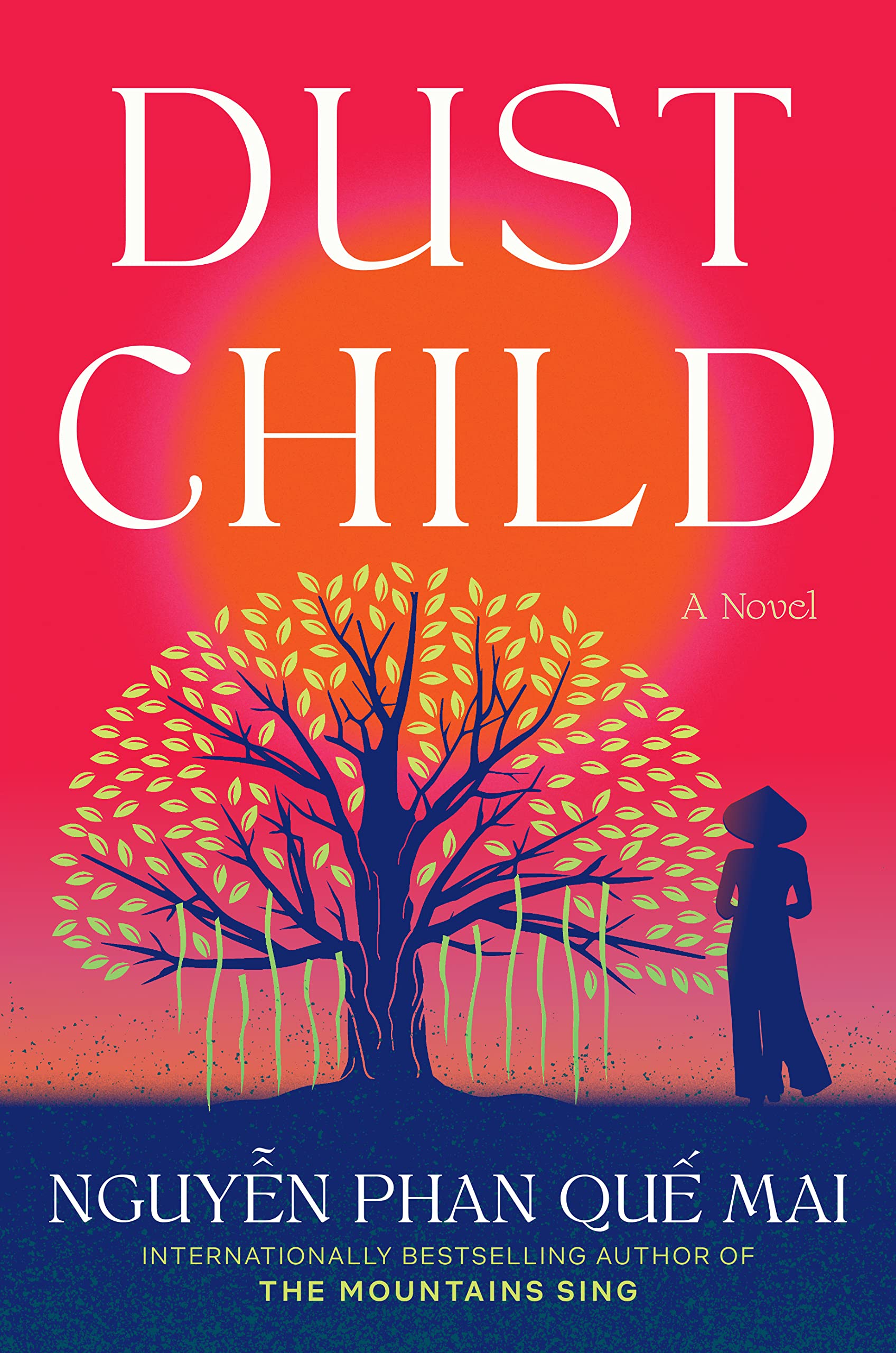
What was your main inspiration for Dust Child?
The many people whom I have met in my life, who experienced terrifying and tragic circumstances, but who refuse to be victims. They stand up for themselves, for others, and for justice.
Which character do you hold closest to your heart and why?
I have four characters in my novel: two Vietnamese sisters who had to leave their rice fields to become bar girls to serve American soldiers during the war; an American veteran who returns to Vietnam in today’s time in search of healing; and a mixed-race man who was abandoned at birth and is currently looking for his parents.
I love all my characters equally and dearly. They grew out of my real-life research and years of helping family members to unite. They grew and breathed and lived inside of me during the seven years I crafted the novel. They are a part of my life forever and writing them changed me. I am so excited to see them venturing out to the world and meeting readers very soon. And I hope they will make new friends and be loved for who they are.
What do you think it will take to decolonize literature in English about Vietnam, and how does Dust Child contribute to that?
It will take the publishing industry to publish more stories from Vietnam, written by Vietnamese writers. It will take academics to include Vietnamese perspectives in the curriculum, and it will take readers to embrace fully the complexity of Vietnamese culture and history. With Dust Child, I aim to decolonize literature about Việt Nam by presenting my homeland beyond the war and as a country with more than 4,000 years of history and cultural heritage. In my novel, Vietnamese people refuse to be silenced. They stand up against the colonisers. Thiên, a character in my book says this about Vietnamese bánh mỳ: “When France invaded Việt Nam, they brought bread. We took the bread and made it better.”
What advice would you give to someone pursuing creative writing as a career?
Write stories that make you sleepless, that are important to you, that move you to tears. Write stories that make your hands or heart tremble with fury, laughter, or love.
When do you find time to write, and what does your writing space look like?
I always try to write at every possible moment. Sometimes it means getting up at 4am or going to bed past midnight. I am about to embark on a huge international book tour and will be traveling for the next three months, so I will be writing anywhere and everywhere. On planes, in hotels, before events. At home, though, my writing space is surrounded by artwork gifted to me by readers, and by my favorite books and pictures of my family. And there are tall trees and birds just outside my window.
When teaching creative writing, what is one thing you hope your students take away?
A self-belief that their story is worth listening to and worth being valued. And I truly believe that each and everyone deserves a chance to tell their story, and our world would be a much better place if we uplift stories that have been denied, censored, or under-acknowledged.
Don’t miss our Ten Book Challenge: What Nguyễn Phan Quế Mai Reads.
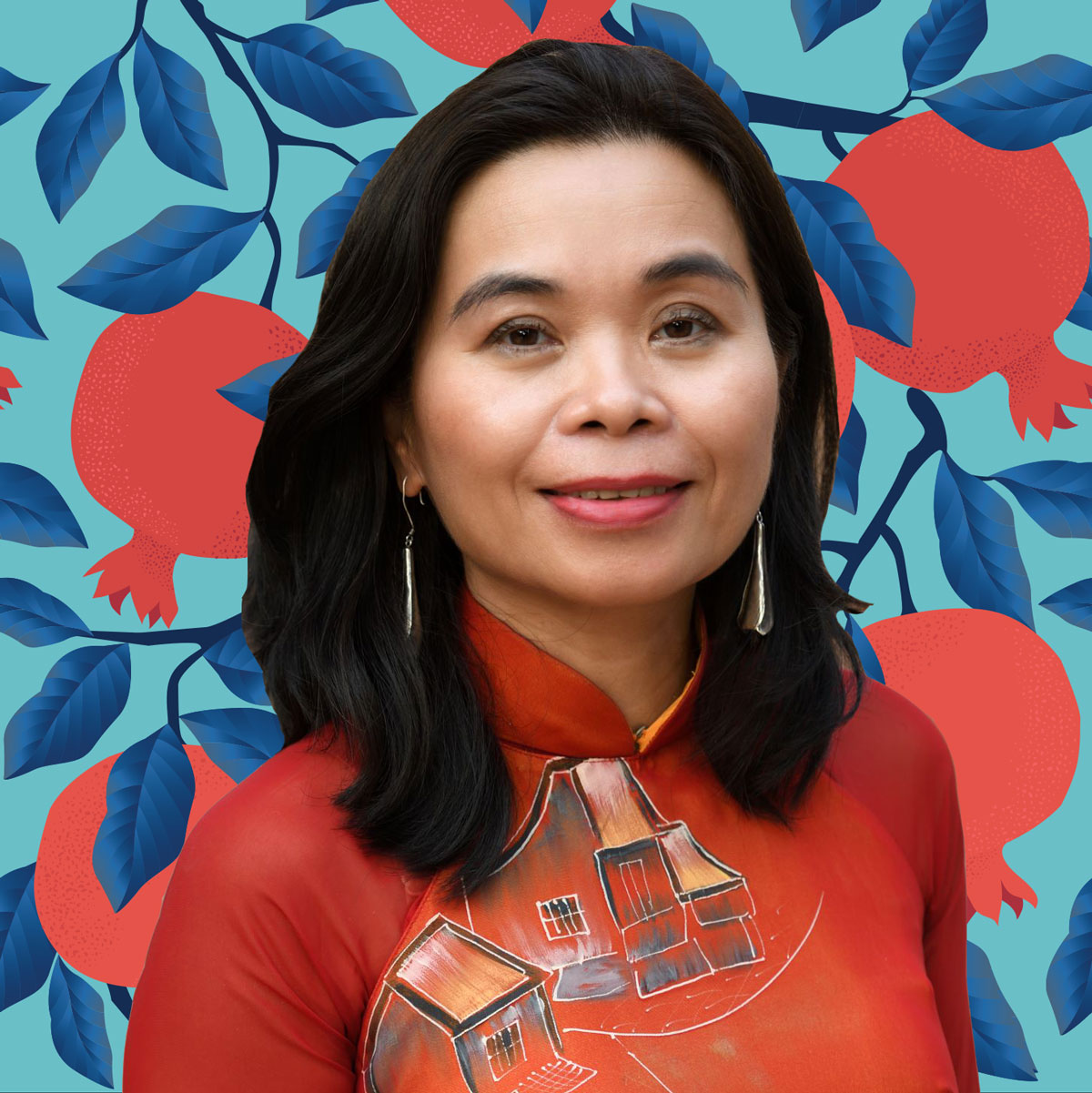
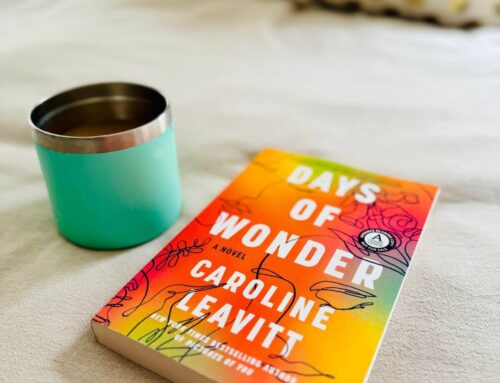
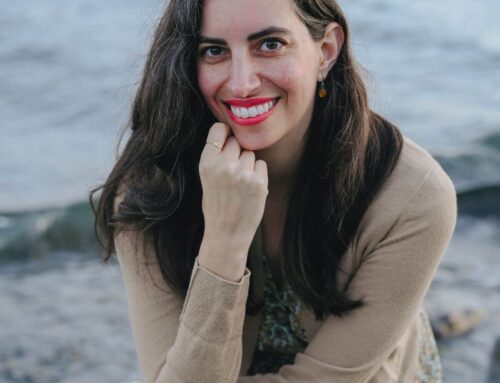
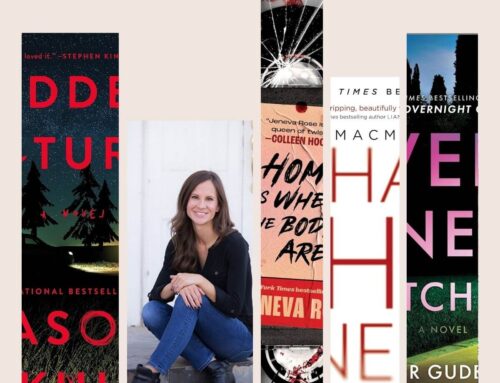
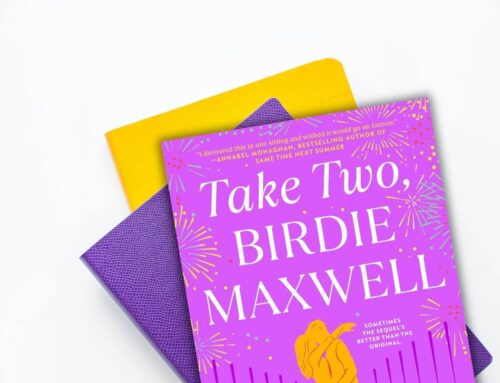


Leave A Comment